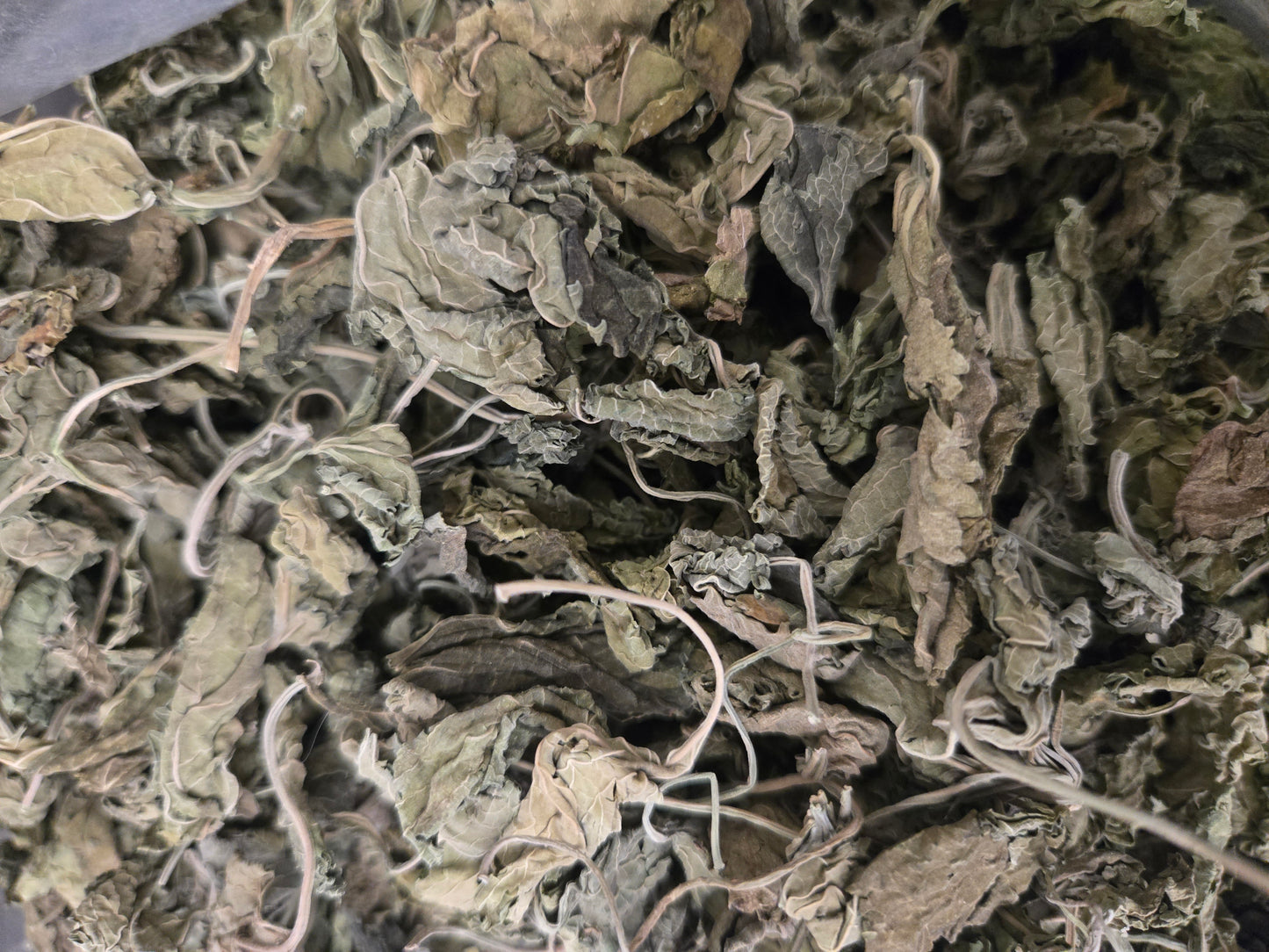
1
/
of
1
Healing Herbals
Klip Dagga
Klip Dagga
No reviews
Regular price
$9.99
Regular price
Sale price
$9.99
Unit price
/
per
Shipping calculated at checkout.
Couldn't load pickup availability
Klip Dagga (Leonotis nepetifolia) – Lion’s Ear
Native to Africa and India, Klip Dagga has deep roots in herbal traditions where it was enjoyed as a ceremonial herb and mild relaxant. Its fiery orange blooms earned it the name Lion’s Ear, symbolizing both strength and serenity. Closely related to Wild Dagga, Klip Dagga is beloved for its smoother flavor and gentler character.
Share


Here at Healing Herbals Store
We carefully select suppliers who share our commitment to environmental stewardship and minimize waste through eco-conscious or reused packaging whenever possible. We prioritize supporting fair labor practices and are currently investing in regenerative farming methods, so every product reflects our dedication to both quality and the health of our planet. Shop now!

